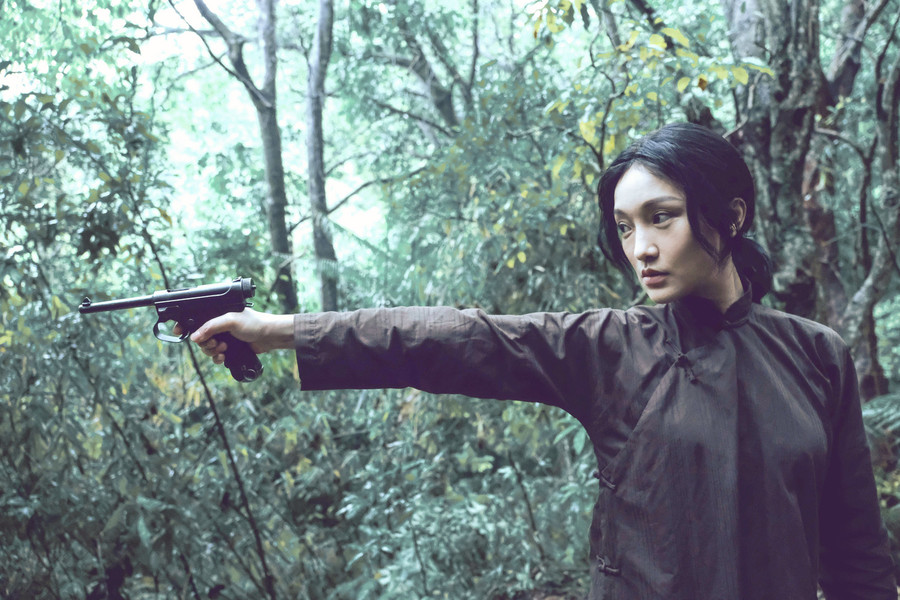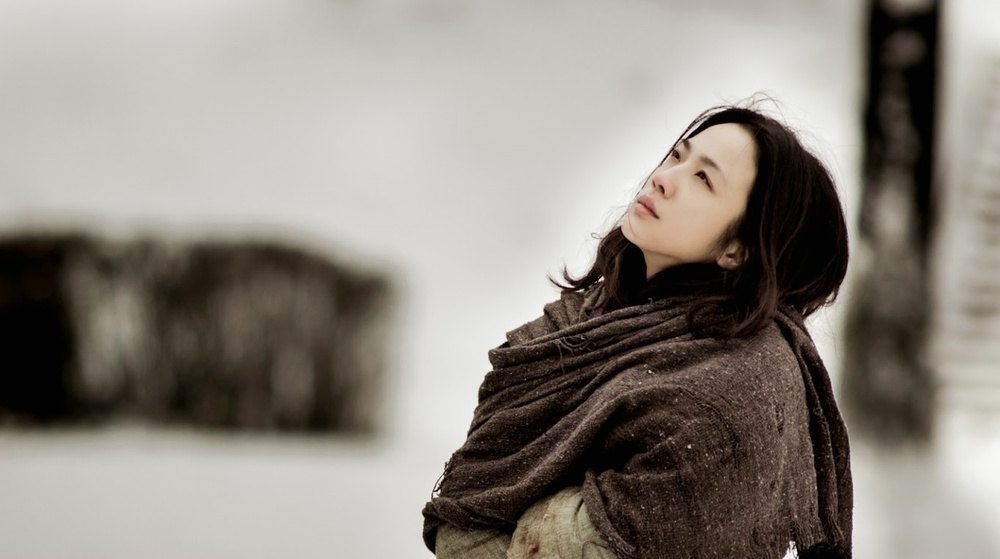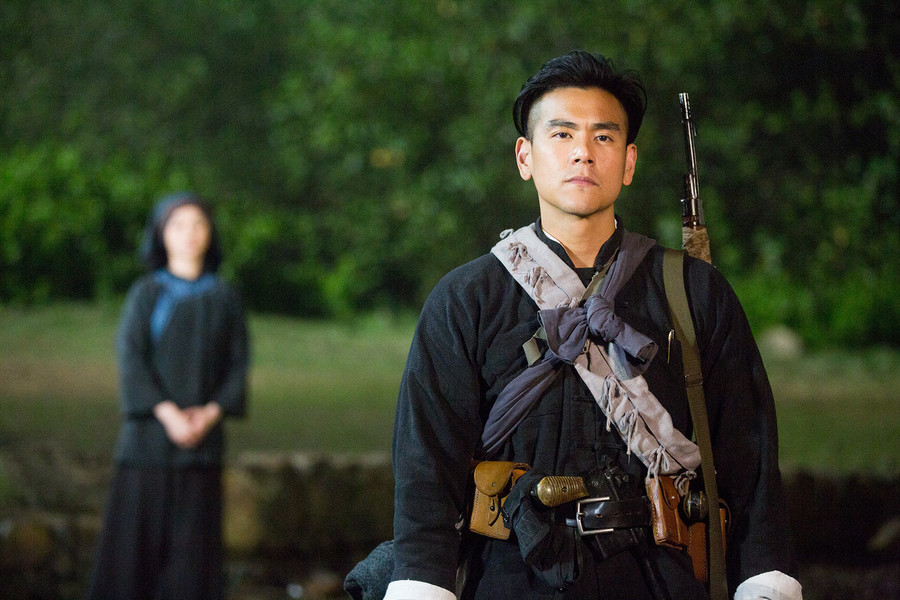Archiwum - 11. Festiwal Filmowy Pięć Smaków
Czas ciemności – trzy lata i osiem miesięcy, które zmieniły Hongkong
Dążąc do zapewnienia sobie przewagi politycznej i militarnej w Azji, a tym samym do znaczących zasobów naturalnych i ludzkich, japońska armia dokonała inwazji na Mandżurię w 1931 roku. Ostatecznie doprowadziło to do konfliktu, który przeszedł do historii pod nazwą drugiej wojny chińsko-japońskiej.
Do 1938 roku wojska japońskie na południu miały już pod swoją okupacją Kanton (obecnie znany pod nazwą Guangzhou), znajdując się tylko o krok od Hongkongu. Nadbrzeżne miasto było wówczas brytyjską kolonią, więc bezpośredni atak byłby równoznaczny z wypowiedzeniem wojny całemu Imperium Brytyjskiemu. Jednak wkrótce nawet to przestało być kwestią powstrzymującą inwazję. 7 grudnia 1941 roku Japonia wypowiedziała wojnę siłom alianckim atakując bazę amerykańską w Pearl Harbor. Następnego dnia japońskie wojska były już w Hongkongu. Mimo oporu stawianego przez aliantów, Japończycy przeważali ich liczbą i uzbrojeniem. Bitwa o Hongkong trwała siedemnaście dni, kończąc się aktem poddania Japończykom przez brytyjskiego gubernatora dokładnie w dzień świąt Bożego Narodzenia.
Rozpoczął się burzliwy okres japońskiej okupacji, który Hongkończycy nazywają "trzema latami i ośmioma miesiącami". W obliczu ograniczonych zapasów żywności i wszelkich innych dóbr, około sześciuset tysięcy mieszkańców powróciło do Chin. Część została przymusowo wysiedlona przez wojsko japońskie. Podstawowe produkty żywnościowe takie jak ryż czy olej były racjonowane. Wiele osób zmarło wskutek głodu, a niektóre źródła donoszą o desperackich aktach kanibalizmu. Populacja Hongkongu spadła z miliona sześciuset tysięcy mieszkańców w 1941 roku do sześciuset tysięcy w 1945, gdy japońską okupację zakończyła kapitulacja Cesarstwa.
Czasy okupacji posłużyły jako tło historyczne w filmie "Złoty wiek" (The Golden Era, 2014), gdzie Ann Hui kreśli portret pisarki Xiao Hong, która ostatnie dni życia spędziła w hongkońskim szpitalu tymczasowym, umierając wskutek lekarskich zaniedbań w styczniu 1942 roku. Akcja najnowszego filmu reżyserki, "Nadejdzie nasz czas" (Our Time Will Come, 2017), rozgrywa się praktycznie tuż po zamknięciu historii ze "Złotego wieku".
"Nadejdzie nasz czas" nie jest jednak pierwszym filmem o "trzech latach i ośmioma miesiącach" w dorobku Ann Hui. W 1984 roku reżyserka zaadaptowała powieść "Love in a Fallen City" Eileen Chang, którą pisarka oparła na własnych wspomnieniach z czasów studiów w okupowanym Hongkongu. "Nadejdzie nasz czas" można nazwać filmem bardziej ambitnym, kreślącym bogaty w szczegóły portret życia pod nadzorem okupanta.
Tu punktem wyjścia dla Ann Hui i scenarzystki He Jiping są partyzanci z Brygady Dongjiang, oddziału wspieranego przez Partię Komunistyczną, którego siły skupiały się na obrzeżach Hongkongu, a sama nazwa wywodziła od lokalnej rzeki. Film bazuje na historiach prawdziwych postaci, w tym partyzanta zwanego Blackie Lau, w którego wciela się Eddie Peng, oraz Fang Lan, granej przez Zhou Xun. Co ciekawe, mimo że główna narracja filmu ukazuje transformację Fang z nauczycielki w szpiega, prawdziwa Fang brała aktywny udział w ruchu antyjapońskim jeszcze przed okupacją, a do hongkońskiej Partii Komunistycznej wstąpiła już w 1938 roku.
Mimo tego, Ann Hui przyznaje, że około osiemdziesiąt procent filmu opiera się na wydarzeniach historycznych, włącznie z ewakuacją chińskiej inteligencji z okupowanych stref, ukazanej w pierwszej części filmu, oraz poświęcenia, jakiego dokonała matka Fang w trakcie wojny.
Niemniej, "Nadejdzie nasz czas" to dużo więcej niż film wojenny. Z typowym dla siebie dystansem Ann Hui portretuje codzienność Hongkończyków, którzy dążyli do zachowania pozorów pomimo okupacji. Można nawet pokusić się o stwierdzenie, że sceny takie jak oddany z humorem bankiet weselny – gdy lokalni funkcjonariusze policji jawią się po prostu jako dobrzy sąsiedzi, tyle że zmuszeni do służby dla japońskiego okupanta – przynoszą ciekawszy obraz Hongkongu niż sam wątek szpiegowski. To również one silnie odróżniają film od niezliczonych chińskich produkcji telewizyjnych poświęconych czasom wojny chińsko-japońskiej.
"Nadejdzie nasz czas" nie pomija brutalności, jaką wykazywała się armia japońska wobec Hongkończyków, ale Ann Hui nie interesuje pouczający ton, przypominający o tym aspekcie okupacji. Reżyserka proponuje głęboko humanistyczny obraz, który oddaje hołd hongkońskiej niezłomności nawet w sytuacji zagrożenia życia. Ten przekaz jest podany bardzo subtelnie, jednak nieprzypadkowo Ann Hui decyduje się na zakończenie filmu ujęciami współczesnego Hongkongu.






